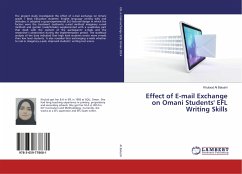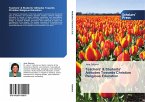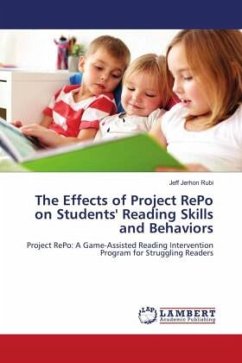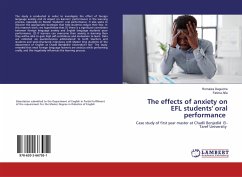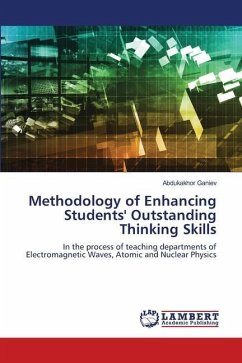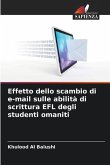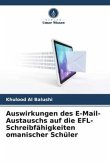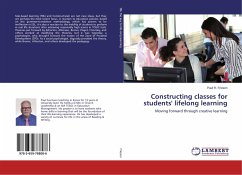The present study investigated the effect of e-mail exchange on Omani grade 7 Basic Education students' English language writing skills and attitudes. It adopted a quasi-experimental 2x2 factorial design in which the factors were the treatment (authentic e-mail method/ imaginary e-mail method) and gender (male/female) supplemented with a qualitative part that dealt with the content of the participants' e-mails and the researcher's observation during the implementation period. The statistical analysis of the data indicated that high level students wrote more e-mails than low level students. It also revealed that exchanging e-mails whether to real or imaginary e-pals, improved students' writing test scores.
Bitte wählen Sie Ihr Anliegen aus.
Rechnungen
Retourenschein anfordern
Bestellstatus
Storno

